
ABOUT
About JIMC-Kyoto
The Japan International Mediation Center in Kyoto (JIMC-Kyoto) has been officially launched on November 20th 2018 in Kyoto, the center of Japanese culture and history, famous as the former Imperial capital of Japan for more than one thousand years.
JIMC-Kyoto is the first international mediation center in Japan and provides world-class mediation services for various kinds of cross-border disputes between foreign and Japanese parties. JIMC-Kyoto is administered by a committee of the Japan Association of Arbitrators (JAA), an independent public interest incorporated association which consists of notable international lawyers and professors in the international ADR field in Japan, giving JIMC-Kyoto a special position where users of JIMC-Kyoto can effectively utilize the resources of the JAA.
JIMC-Kyoto is located in Doshisha University, one of the leading universities in Japan with a high academic reputation and 140 years of history. Users of JIMC-Kyoto can use many facilities of Doshisha University, and experience the atmosphere of an international college in Kyoto. Also, users have option to use facilities of Kodaiji-temple, one of the most famous Zen-temples in Kyoto, and experience the atmosphere of genuine Zen in Kyoto.
Why Kyoto? Why JIMC-Kyoto?
“Mediation” is deeply ingrained in Japanese culture. The Seventeen Article Constitution, the first constitution in Japan, was issued in AD 604. Authorship of this constitution is attributed to Prince Shotoku Taishi (AD 574-622) and Article 1 starts with the words, “Harmony is to be valued, and avoidance of wanton opposition, is to be honoured.” This philosophy has been inherited in Japan for more than 1400 years. Japan also has traditional culture such as “Zen”, “Judo”, or “Jujutsu” which are often quoted in books such as “Getting to Yes” or other global mediation texts. Japan also has a 100-year history of court-annexed mediation which has been heavily used. It is not too much to say that Japanese culture is a mediation culture. Therefore, people in Japan feel more comfortable to resolve a dispute by mutual agreement than by a compulsory decision in an adversarial system such as arbitration or litigation.
This Japanese mediation culture has developed in Kyoto, as the center of Japanese politics and society for more than 1000 years. Therefore, Kyoto is the heart of Japanese traditional mediation culture.
Doshisha University, where JIMC-Kyoto is located, is adjacent to the Imperial Palace, the home of generations of Japanese Emperors and Shokoku-ji temple, and its sub-temples of Kinkaku-ji (Golden Pavilion Temple) and Ginkaku-ji (Silver Pavilion Termple), are among the most famous temples in the world. JIMC-Kyoto provides mediation services in this historical and cultural milieu. Users of JIMC-Kyoto may be surprised to know that JIMC-Kyoto is incorporated into the university’s education system and users can interact with well-educated and trained graduate students who serve as guides and assistants during the mediation session.
As JIMC-Kyoto understands that being international is crucial for the success of the center, we have invited the participation of many international practitioners and professors. JIMC-Kyoto has notable international advisors who provide invaluable advice to our operation, foreign professors and practitioners in our committee who administer JIMC-Kyoto, and a panel of high-profile international mediators from all over the world, to whom users of JIMC-Kyoto may access and retain as a mediator.
JIMC-Kyoto – a millennium of mediation culture supporting parties to resolve their disputes.
International Advisors
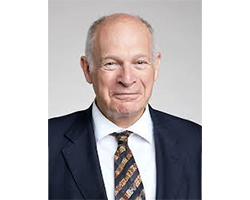
The Lord Neuberger of Abbotsbury
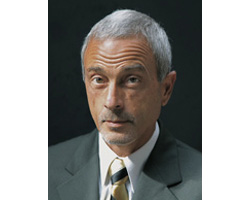
Anthony Piazza
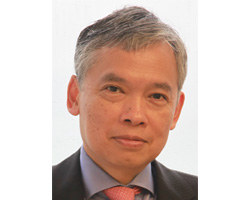
Anselmo Reyes
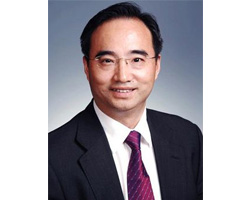
Huang Jin
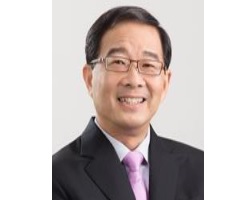
Geroge Lim

Daniel McFadden
Advisors in Japan
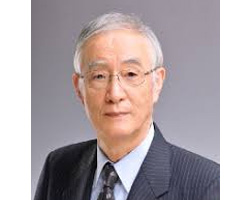
Yasuhei Taniguchi
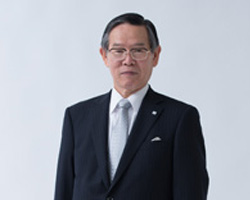
Yoshimitsu Aoyama
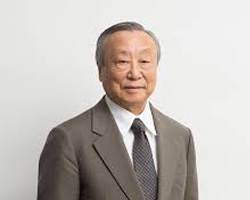
Akira Kawamura
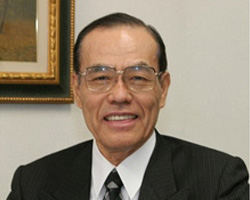
Nozomu Ohara
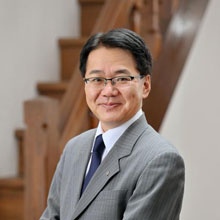
Katsuhiro Kohara
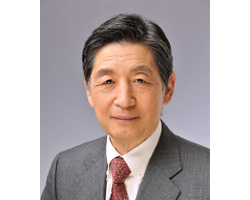
Takeo Kosugi
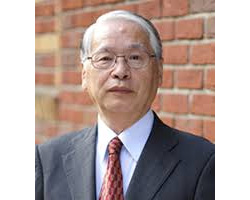
Yoshiro Kusano
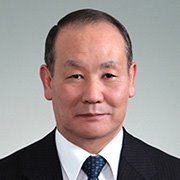
Satoshi Watanabe
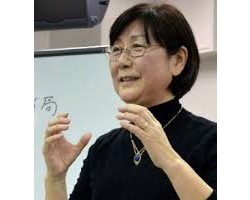
Hisako Levin Kobayashi
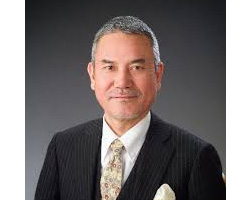
Toshihiko Omoto
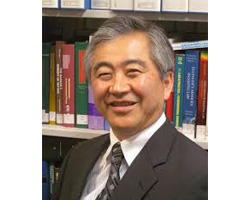
Yoshiaki Nomura
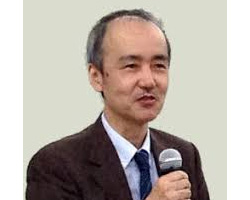
Akira Saito
Administration Team
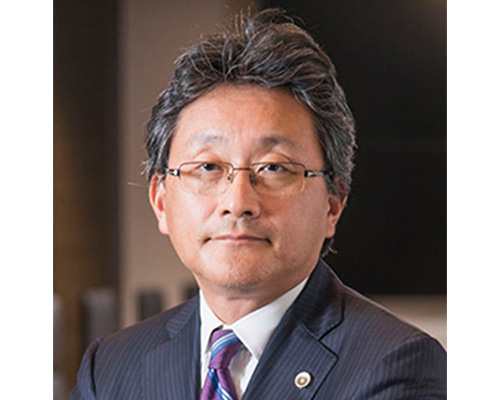
Tezuka Hiroyuki
Chief Director
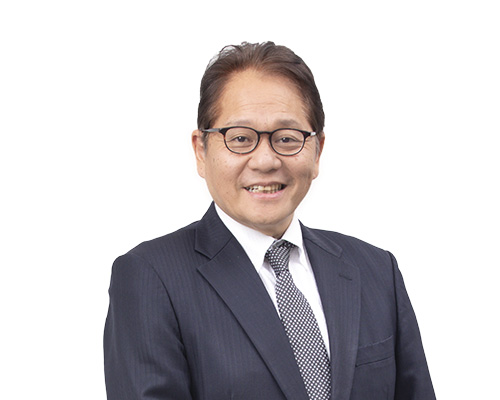
Mogi Teppei
Deputy Chief Director
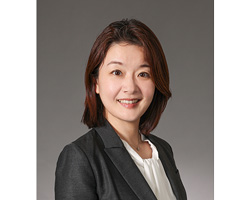
Eriko Hayashi
Secretary General

